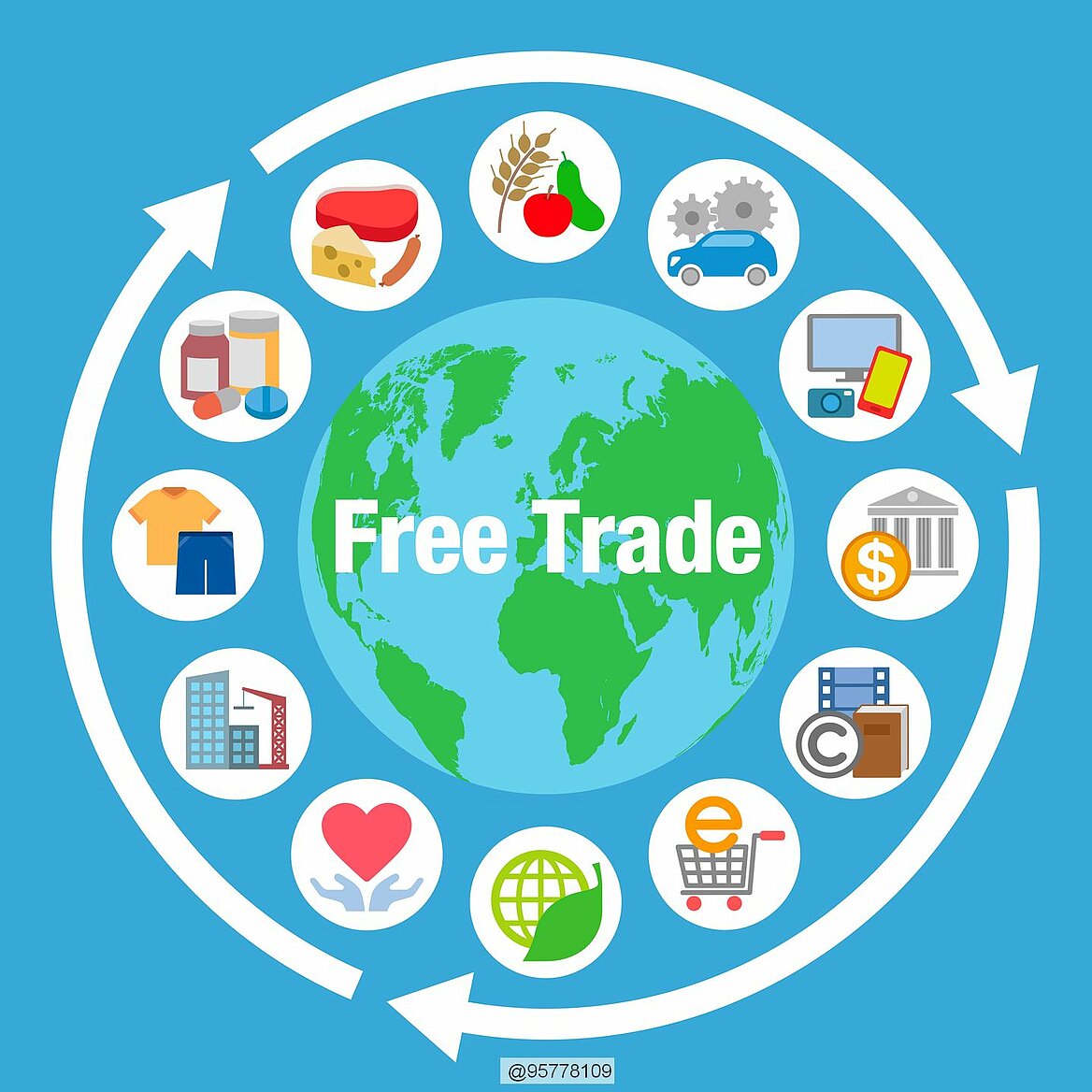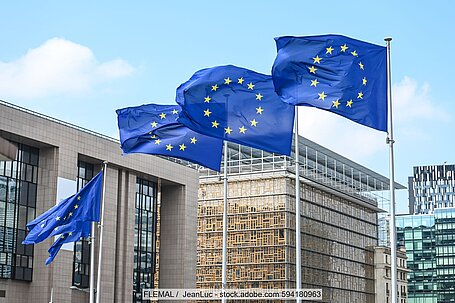
The EU Commission has lifted the export ban on recovered paper from the EU to India. “The Commission Regulation (EU) 2022/520 to correct the India mistake has finally been published,” the European Recycling Industries’ Confederation (Euric) stated.
The table for India which is found in the Regulation’s annex and which lists waste types as well as the required control procedures for each has been modified. Entry B3020 for recovered paper is now designated as a waste subject to applicable national law (column d), rather than as a waste subject to prohibition (column a). The new Regulation entered into force on 2 April, one day after publication.
A ban on exports of recovered paper from the EU to India was imposed at the end of October 2021, due to a “clerical error” made in the course of amending EU Regulation 1418/2007. The error was detected immediately, and the Commission initiated a “corrigendum procedure” for the Regulation. At the beginning of November 2021, stakeholders expected the error to be corrected within six to eight weeks.
However, these estimates proved to be rather optimistic, as the ban was still in place in February 2022. What is more, in mid-February 2022 the EU Legal Services criticised the chosen corrigendum procedure and instructed the Directorate-General for Trade to switch to a “more ordinary legislative procedure”. This meant, however, that it would take at least another six weeks to correct the error.
This time the correction was carried out within the time frame expected by experts. Euric also especially welcomed the fact that Regulation 2022/520 came into force on the day after publication, and not after the typical 20 day delay.
India is an important destination country for European recovered paper: The country imported around 7 million t of recovered paper in 2021. In a normal year, unaffected by the pandemic, imports would reach 9 million t – around 60 per cent of which came from Europe.
In Europe, only paper merchants from Italy, where recovered paper is exported as a product, and the UK were legally able to send recovered paper to India. The Netherlands and Belgium did not enforce the ban as port authorities in Rotterdam and Antwerp were overwhelmed with other tasks.


